
Have you heard the news!!!!!!
We are excited to share some great RKEDF training opportunities coming up in July 2024!
Click on the titles to find further details and book your place!!!!
AHRC & ESRC: How to write an application in the new format for the Funding Service
Thursday, July 4, 11:00 – 13:00 – Online
The session will cover the requirements for the new UKRI application format. We will discuss the application structure focusing on AHRC and ESRC and the sections and how to complete them. The session will be framed with more general information on the various Research Councils that comprise UKRI and best practice in writing applications for external research funding.
Principal Investigation – Post Award for RKE
Wednesday, July 10, 14:00 – 15:00 – Online
This session is aimed at any researcher who is, who plans to be, a Principal Investigator for an externally funded research or knowledge exchange project.
New Generation Thinkers 2025 – AHRC/BBC Radio 4
Thursday, July 11, 11:00 – 13:30 – F112 – Fusion Building – Talbot Campus
This is our annual new generation thinkers’ workshop, where we look at the call, requirements, eligibility and having a panel chair and member’s point of view. For early career researchers and PGRs who want to share their research with the public.
Call information: Develop your media skills with the New Generation Thinkers scheme. The scheme is a partnership between the Arts and Humanities Research Council (AHRC) and the BBC.
Building a Policy Influencing Strategy
Friday, July 12, 9:30 – 16:30 and Thursday, July 18, 9:00 – 16:00 – Zoom
A one-day online workshop for up to eight researchers, delivered via Zoom and facilitated by public affairs and policy consultant Carys Davis, from The Other Place.
The session will enable participants to:
- develop key messages, supporting narratives and evidence, identify and map their audience, gain insight into the channels available for influencing.
RKEDF: ECRN: Where do you begin with Research funding?
Friday 12th July – 10:00-12:00 – Online
The workshop is aimed at researchers from across BU at either postdoctoral or early career stage. It will focus on funders including (but not limited to) the AHRC, UKRI, British Academy, Welcome Trust, and NIHR.
Are you an Early Career Researcher interested in applying for research funding but unsure where to start? In this BU ERC Network special session, professional bid writing consultant Sally Baggott (PhD) offers her insights in the contemporary funding landscape for ECRs,
———————————————————————————————
Please assist us in avoiding any waste of resources; make sure you can attend or cancel your booking prior to the session.
For more training opportunities, please visit the ‘SharePoint site’ here.
For any further information, please contact: RKEDF@bournemouth.ac.uk


 There’s still time to book your place for the
There’s still time to book your place for the 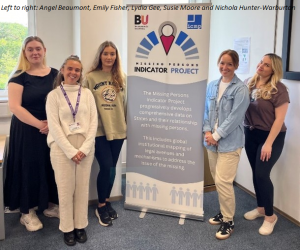

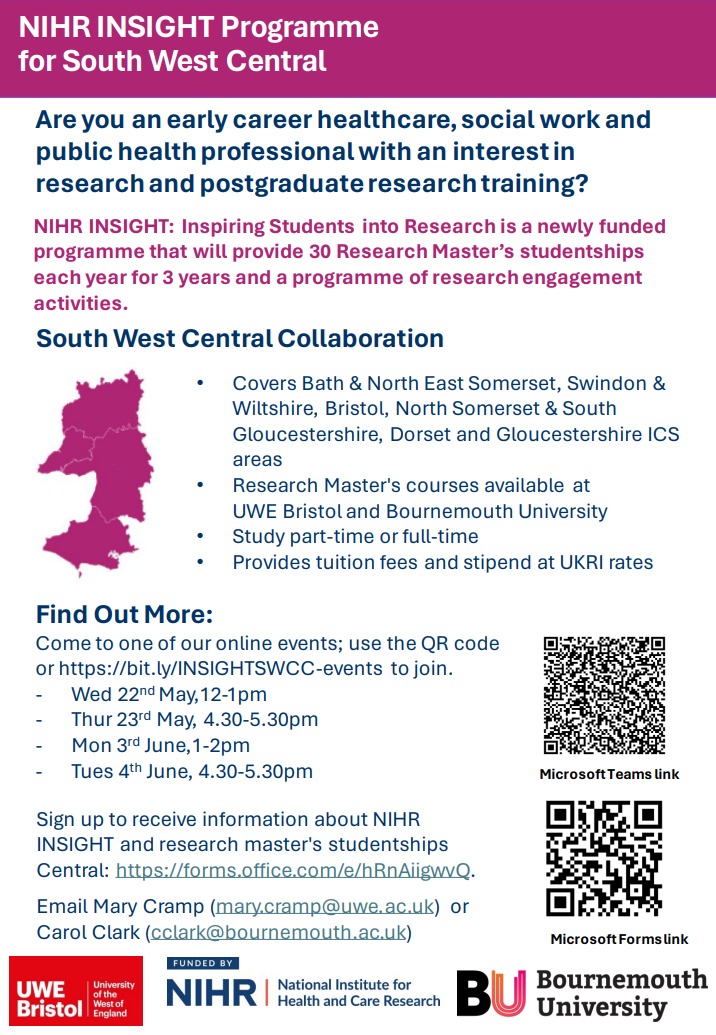
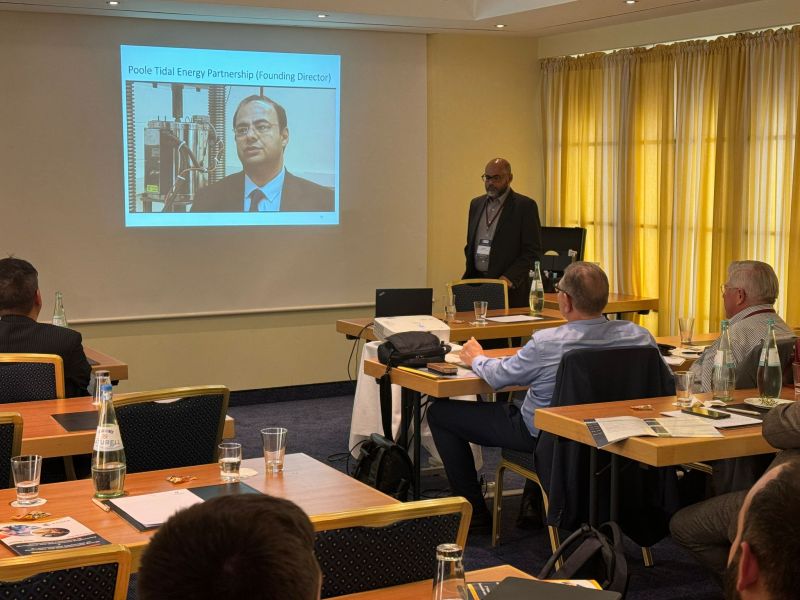



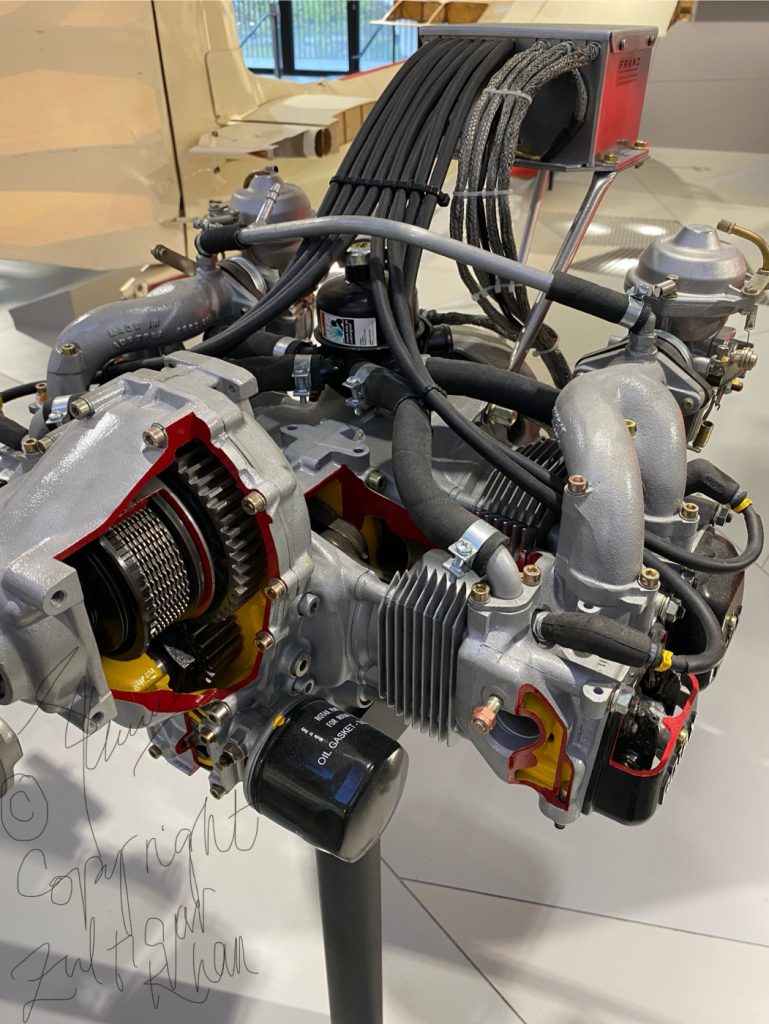

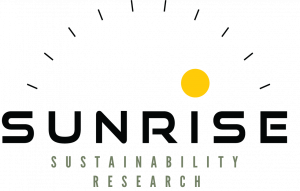

 Early Career Researchers Network (ECRN) Surgeries
Early Career Researchers Network (ECRN) Surgeries

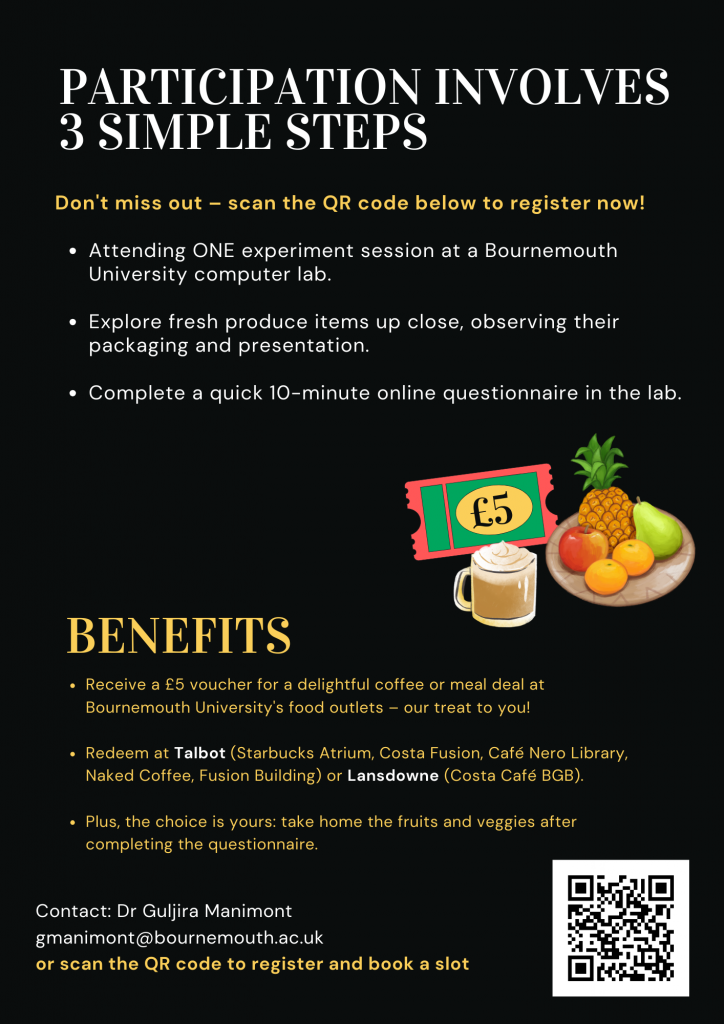











 Conversation article: Why so many people drown at the water’s edge
Conversation article: Why so many people drown at the water’s edge Workshop on longitudinal studies in three countries
Workshop on longitudinal studies in three countries New Bournemouth University public health paper
New Bournemouth University public health paper New ACORN-funded paper published. When time is short but passion for food is strong, food day-tripping may be the answer!
New ACORN-funded paper published. When time is short but passion for food is strong, food day-tripping may be the answer! Royal Society of Chemistry Outreach Fund: Open for Applications
Royal Society of Chemistry Outreach Fund: Open for Applications Last reminder – MSCA Postdoctoral Fellowships 2024 internal deadline next week
Last reminder – MSCA Postdoctoral Fellowships 2024 internal deadline next week Horizon Europe – EuroHPC and MSCA PF webinars
Horizon Europe – EuroHPC and MSCA PF webinars